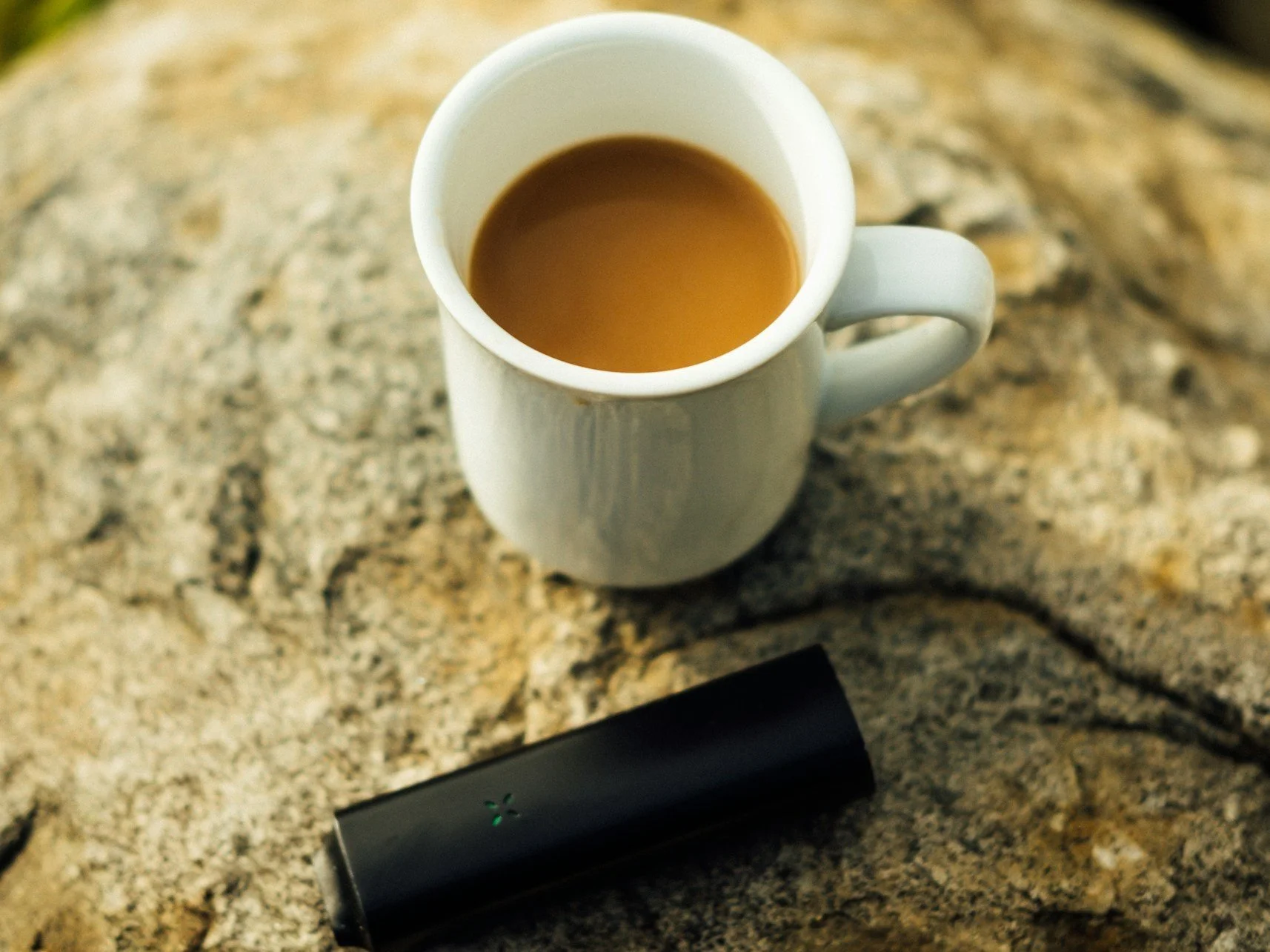Cannabis and Seasonal Depression: Nature's Remedy or Just Hype?
Understanding Seasonal Depression
Seasonal Affective Disorder (SAD) is a type of depression that occurs at specific times of the year, typically during the fall and winter months when sunlight is scarce. Here are some key points to understand about SAD:
Symptoms: Common symptoms include feelings of hopelessness, low energy, sleep disturbances, and changes in appetite.
Statistics: Approximately 5% of adults in the U.S. experience SAD, with women being more affected than men.
The Role of Cannabis in Mental Health
Cannabis has been studied for its potential effects on mental health, particularly in the realm of anxiety and depression. Here are some insights:
Cannabinoids: The primary compounds in cannabis, THC (tetrahydrocannabinol) and CBD (cannabidiol), interact with the endocannabinoid system in the brain.
Effects on Mood: Research suggests that these compounds may help regulate mood and alleviate symptoms of depression.
Cannabis as a Potential Treatment for Seasonal Depression
The discussion surrounding cannabis as a treatment for SAD is multifaceted. Here are some essential points:
Emerging Research: Studies have shown promising results regarding the use of cannabis for treating depressive symptoms.
Comparison with Traditional Treatments: Unlike conventional medications, cannabis offers a more holistic approach, though it’s essential to weigh the benefits against potential side effects.
Cannabis laws impact prescriptions for psych meds differently.
The Importance of Dosage and Strain Selection
Finding the Right Dosage
When considering cannabis for seasonal depression, dosage is a critical factor. Here's what to keep in mind:
Start Low, Go Slow: Beginners should start with a low dose to assess tolerance and effects.
Titration: Gradually increase the dosage until the desired effect is achieved, while being mindful of side effects.
Strain Selection: Indica vs. Sativa
Choosing the right strain can significantly influence the effects of cannabis on mood. Consider the following:
Indica Strains: Known for their calming effects, these strains may help with anxiety and promote relaxation.
Sativa Strains: Typically more uplifting, sativa strains may enhance energy and creativity, potentially combating feelings of lethargy associated with SAD.'
Risks and Considerations
Potential Side Effects of Cannabis
While cannabis can offer benefits, it’s essential to be aware of potential side effects:
Short-Term Effects: These can include dizziness, dry mouth, and short-term memory impairment.
Long-Term Risks: Regular use may lead to dependency or exacerbate anxiety in some individuals.
Understanding the Effects of CannabisCannabis and Mental Health: What You Need to Know
Consultation with Healthcare Professionals
Before embarking on a cannabis regimen for seasonal depression, consulting with a healthcare professional is paramount. They can provide personalized insights and recommendations, ensuring safe usage tailored to individual needs.
Health Assessment: A thorough evaluation can identify any contraindications with current medications.
Guided Approach: Professionals can help navigate the complexities of cannabis strains and dosages.
Real-Life Experiences with Cannabis
Hearing from individuals who have utilized cannabis to combat seasonal depression can provide invaluable insights. Here are some notable testimonials:
Case Study 1: Sarah, a long-time sufferer of seasonal affective disorder (SAD), shares how a hybrid strain has transformed her winter months, allowing her to engage more actively in her life.
Case Study 2: Jake describes how microdosing cannabis has alleviated his anxiety without the psychoactive high, enabling him to function effectively throughout the day.
FAQs About Cannabis and Seasonal Depression
Frequently Asked Questions
Can cannabis really help with seasonal depression?
Yes, many individuals report improvements in mood and anxiety levels when using cannabis.
What strains are best for seasonal depression?
Indica strains for relaxation and Sativa strains for a boost in energy are often recommended.
Is there a risk of dependency?
Like any substance, there is a potential for dependency, especially with frequent use.
How do I find the right dosage?
Start low and gradually increase until you find an effective dose for your needs.
Can I mix cannabis with other medications?
Always consult with a healthcare professional before combining cannabis with other medications.
Conclusion
Cannabis presents a unique avenue for those grappling with seasonal depression. By understanding the nuances of dosage, strain selection, and potential risks, individuals can make informed decisions. Personal stories and testimonials underscore the potential benefits, but consulting with healthcare professionals remains crucial.




